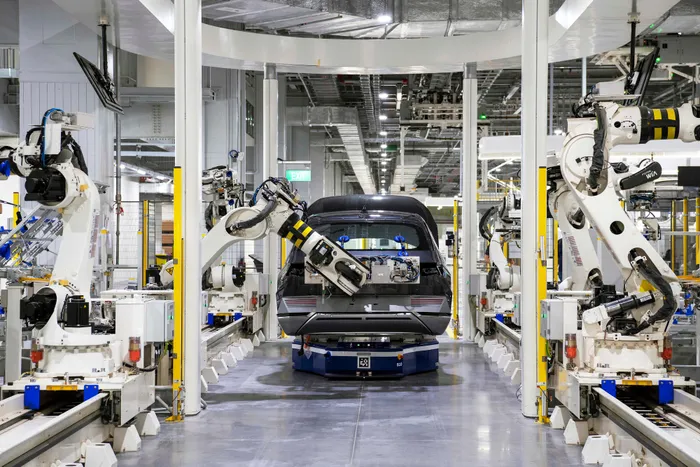Assessing carbon readiness in the automotive sector: Insights from a new study

The automotive sector needs to be carbon neutral and decarbonise with exports going abroad to be competitive.
Image: File
The automotive sector needs to be carbon neutral and decarbonise with exports going abroad to be competitive.
Nedbank and Naacam have done a study to determine carbon readiness in the automotive sector. The survey sought to assess industry awareness of local and global sustainability regulations, the current capacity to measure and reduce carbon emissions and water usage, and the type of support required to meet evolving sustainability expectations.
The study 67.9% of respondents indicated that they have some export-related component sales, with EU and UK being the most served export markets. The reliance on particularly European and UK markets is critical to note, as these markets are the most regulated in terms of carbon emission reduction.
The study looked at decarbonisation as a business strategy.
It asked respondents if a company familiar with current sustainability trends and carbon regulations. Respondents answered that 32.1% were very familiar, while 35.7% were moderately familiar.
Amith Singh of Nedbank Commercial Banking said, "The worrying part about 40% of respondents that they believe carbon readiness and neutrality in a long-term goal and initiative not the short term. The reason I am worried is that there is a belief and that we have, and I believe it's an opportunity that the early adoption of carbon readiness could be a differentiator in the market."
He said the early adoption of carbon readiness is critical because South Africa was up against other developing countries.
"So the quicker we adapt, the quicker we play ahead of the curve," Singh said.
Singh gave an example of Melbourne Engineering and how they migrated to green steel, saying it was ahead of the curve in South Africa and was the first of its kind. Subsequently, this put them at the forefront of advancement of technology and steel manufacturers.
"It was a costly exercise and did require investment but now they are market leaders, which is a benefit of early adoption," he said.
The study found immediate consideration of decarbonization remains limited across respondents. Those with higher prioritisation of decarbonization tend to be export-oriented multinational businesses, while businesses that are not exporting or are locally owned have suggested decarbonization to be a longer-term consideration for their business.
It said the lack of immediate urgency to decarbonize is likely a function of carbon regulations. Few component subsectors currently fall within CBAM, and the SA Carbon Tax currently has little impact on the sector.
While 36% of companies view decarbonization as an opportunity, 32% view it as a threat.
Singh said, "How do we multiply 36% of respondants viewing decarbonisation as an opportunity? We have a lot of work ahead of us. But it's a mountain we have to climb."
Non-exporters tend to have a more positive outlook on decarbonization (55.56%), potentially due to there being a less immediate and pressing need to pursue decarbonization to maintain a market
Similarly, multinational suppliers tend to be slightly more positive in their outlook on decarbonisation (45.45%), possibly an outcome ofaccess to greater resources within their multinational group to support their decarbonization strategy.
The study found that there is a significant drop off of companies tracking scope 3 emissions, suggesting from a sector perspective, support in a common methodology for collecting and reporting supply chain emissions is needed.
While more than 60% of companies have sustainability strategies, a minority (42%) have a time-bound target for decarbonisation. In general, decarbonization strategies and targeted timelines for net zero are significantly more prevalent in multinational companies as compared to locally owned companies.
The cost implications attached to sustainability initiatives is reflected upon as the largest barrier to decarbonization. Along with this, a lack of reason or business case to decarbonize, and uncertainty linked to regulations, measurement of emissions and the correct activities to implement are also hurdles.
BUSINESS REPORT